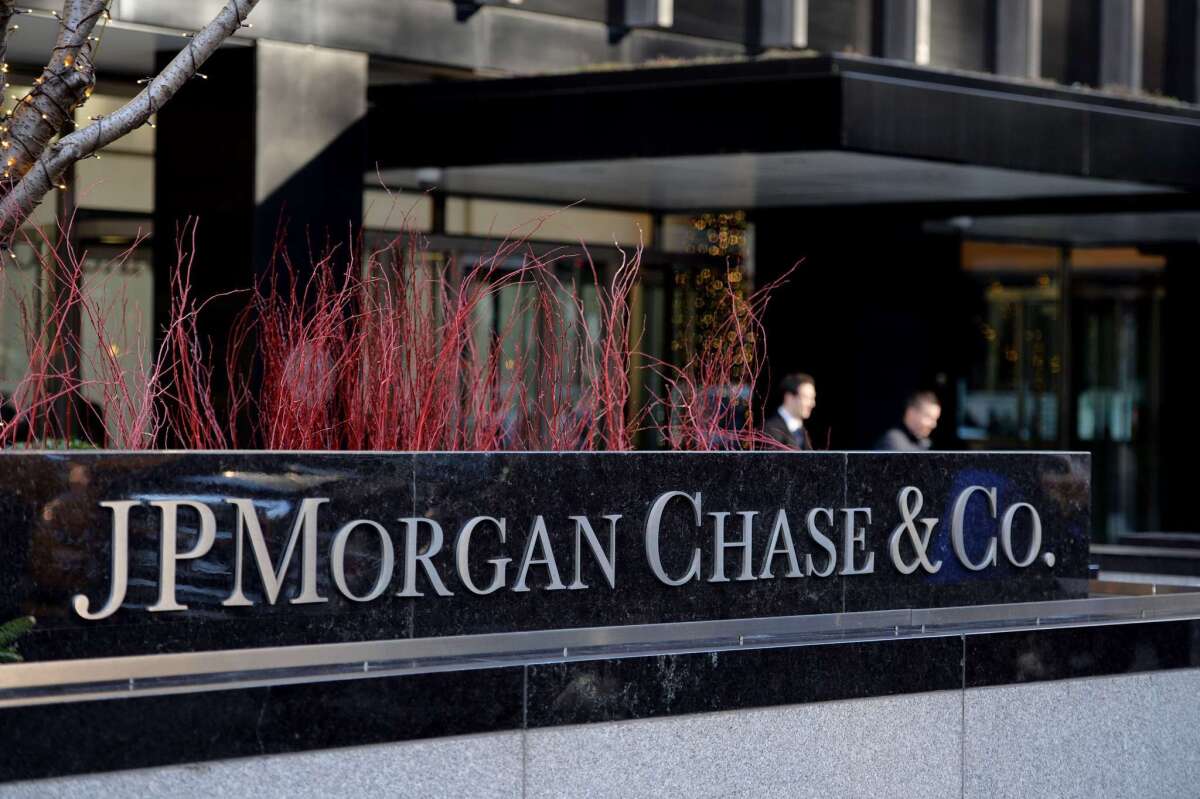Banks win Fed extension on Volcker Rule provision

The Federal Reserve extended by two years the time that big banks have to comply with a new rule that requires them to dispose of investments in hedge funds, private equity firms and other risky operations.
The provision is part of the so-called Volcker Rule, embedded in the 2010 Dodd-Frank banking reform law and designed to seal off risky bank assets and operations from deposits insured by taxpayers.
The decision is the second big regulatory win recently for big banks. A section of the omnibus spending law approved last week repealed another Dodd-Frank provision that would have forced banks to shift the trading of complex derivatives to separate entities. Under the amended law, government-insured banks can continue derivatives trading.
In its action, the Fed extended the deadline for banks to divest private equity and hedge funds until July 2017, saying the extra time would allow them to do so in an “orderly manner.”
The extension doesn’t apply to the more widely known portion of the Volcker Rule, effective next July, that prohibits depository institutions from engaging in proprietary trading.
Still, the Fed decision, following Congress’ move on derivatives trading, drew scathing criticism from lawmakers and reform groups pushing for stricter bank regulation.
“Delaying the Volcker Rule is one more giveaway that lets Wall Street have more time to make risky bets using taxpayer-backed money,” said Sen. Elizabeth Warren (D-Mass.), an outspoken Wall Street critic.
Dennis Kelleher, chief executive of Better Markets Inc., a Washington nonprofit focused on financial reform, said the Fed should have forced the banks individually to make public applications for the extensions to demonstrate why they needed more time.
“This proves the wisdom of the [Dodd-Frank] law in prohibiting such illiquid, impossible-to-sell and difficult-to-value investments, a high-risk activity in normal times and a disaster in times of market stress when asset liquidity can mean the difference between a bank failing or not and, therefore, needing bailouts or not,” he said.
Banks and banking groups cheered the Fed’s move.
“We’re grateful the Federal Reserve will give banks of all sizes the time they need to comply with this rule, thus minimizing the potential disruption from hastily unwinding these funds,” said Frank Keating, president the American Bankers Assn.
Twitter: @deanstarkman






